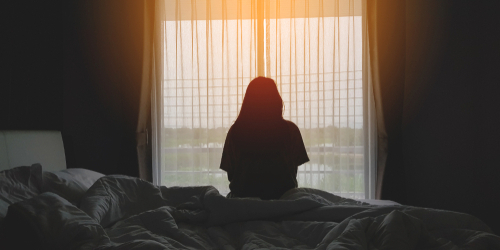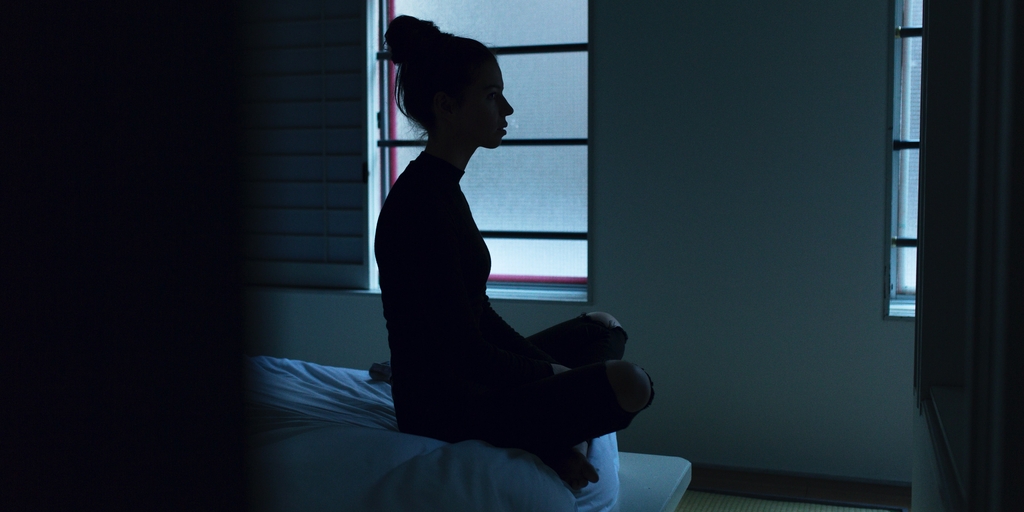Human Trafficking Debates held in Westminster
Human Trafficking
Government put under pressure to opt into the EU Directive on Human Trafficking
The first of this week’s three debate on Human Trafficking and Modern Slavery was held in Westminster Hall on Tuesday. The debate, secured by Emma Reynolds MP, offered an opportunity for MPs to put pressure on the UK Government to opt into the EU Directive on Human Trafficking.
The Directive has been the subject of contention since June, when Theresa May MP, Home Secretary and Minister for Women & Equalities, announced that the UK would be opting out of new European legislation. Later in the summer, Harriet Harman, Deputy Leader of the Labour Party, asked Prime Minister David Cameron during Prime Minister’s Questions to clarify why the Government was opting out of the Directive. In response he said that the UK already fulfils what the directive is seeking to bring about. However, he expressed a willingness to look again at the issue.
In response, CARE produced research that shows there are still significant outstanding issues that are not covered by current UK legislation or best practice. These would be corrected by signing up to the Directive. The Minister for Immigration, Damian Green MP, responded by saying: “We did not opt in at the outset, but we have the capacity to review that position once the directive is finally agreed, and that is what we will do,” leaving open the possibility that the Government could reconsider its decision.
During the debate in Westminster Hall, CARE’s research was highlighted. Go here to read the whole debate. If you would like to watch the debate you can view it here.
The second debate was on the same issue in the House of Lords on Thursday. Baroness Massey of Darwen drew attention to the case for government strategies to tackle human trafficking. She also highlighted CAREs work: “The organisation CARE points out that the European Directive would add support to trafficked persons in relation to the non-prosecution of victims, assistance and support for victims, such as in medicine or accommodation, special representatives in court for children, mandatory review of the results of anti-trafficking policies and assessment of trends. This is not a party-political issue but an issue of moral imperative.”
To read the whole debate, click here.
The third and final debate was a far more general one, aimed at highlighting the plight of the many millions of women, men and children that are still trafficked into slavery all around the world today. The debate highlighted the importance of staying vigilant on this issue and drew attention to the Anti-Slavery Day on 18th October next week, emphasising that here is still much to do.
The debate can be read here or to watch the whole debate, click here.
Dan Boucher, Director of Parliamentary Affairs for CARE, said: “We are delighted that the Government has agreed to be open to the possibility of signing the EU Directive on Human Trafficking, which CARE has been involved in shaping at the European level.”
Rachel Davies, Human Trafficking and Prostitution Policy Officer for CARE, said: “It is good to see that there are so many MPs and Peers who care deeply about the plight of women, children and men who have been trafficked, and who want to do all they can to prevent it, but also provide help and support for the victims.”





Share story
Human Trafficking Debates held in Westminster